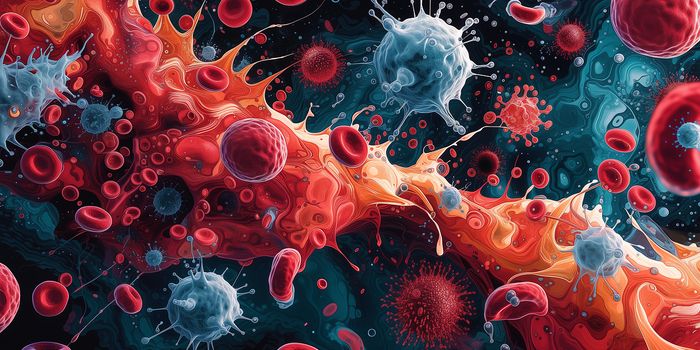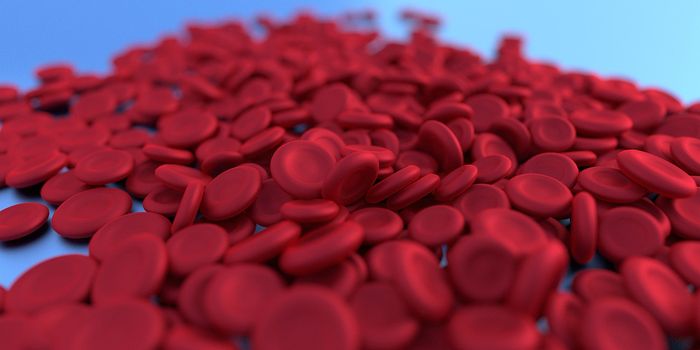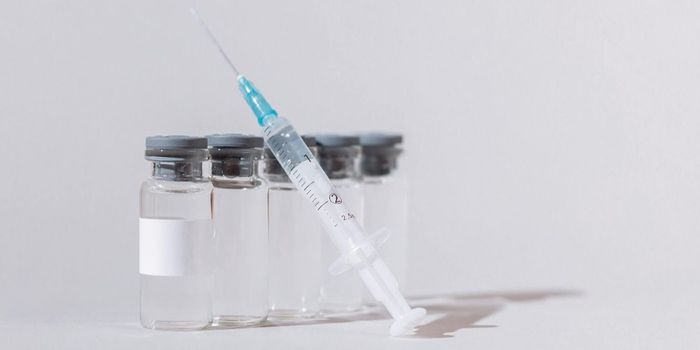Increased Melanoma Risk in Men Associated With Daily Aspirin Intake
A new study published in the Journal of the American Academy of Dermatology found that men who take daily aspirin have a significantly increased risk of developing melanoma as compared to men who did not take aspirin daily. Women taking daily aspirin did not have an increased risk.
Melanoma is a type of skin cancer that accounts for about 1% of all skin cancers; despite being a small percentage of all skin cancers, melanoma is the deadliest. Additionally, according to the American Cancer Society, the melanoma diagnosis rate has been increasing steadily over the past 30 years.
The researches from Northwestern University studied the medical records of just under 200,000 patients ages 18-89 who had no prior history of melanoma. Nearly 1200 patients were considered “aspirin exposed” having taken a daily dose of 81 to 325 mg per day for one year. Patients were followed for 5 years and of those aspirin exposed patients, just under 2.2% had a subsequent diagnosis of melanoma within the 5 years of study. Of the unexposed patient population, 0.86% were diagnosed with melanoma during that same time.
The study split the groups by gender to evaluate for additional information and found that men taking aspirin daily had almost two times the risk of melanoma than men who did not take aspirin daily.
This study does not advocate for men to discontinue taking aspirin daily, however. Aspirin is useful for pain, decreasing cardiovascular risk, and has been previously found to reduce risk of other types of cancers like that of the colon or prostate. The study authors did indicate that this information can be useful in monitoring and educating patients on appropriate use of sunscreen or alternative methods to reduce sun exposure.
Some have suggested that the difference in gender risk found in this study may be due to decreased levels of protective enzymes in men, as compared to women. These protective enzymes, like catalase, have been referenced in the literature as antioxidants and provide cellular protection against oxidative stress.
Sources: Journal of the American Academy of Dermatology, American Cancer Society, Nature Protocols,









